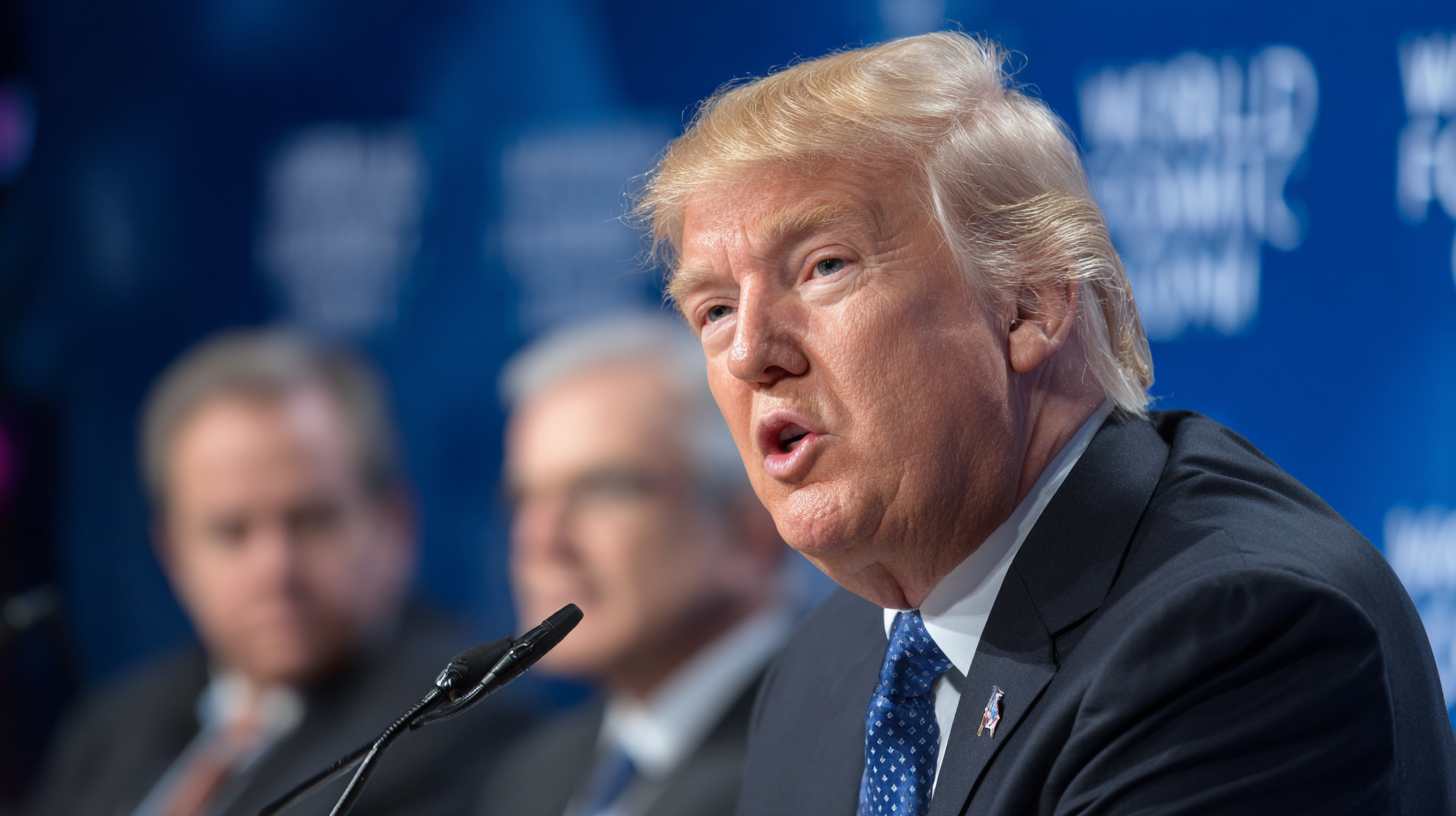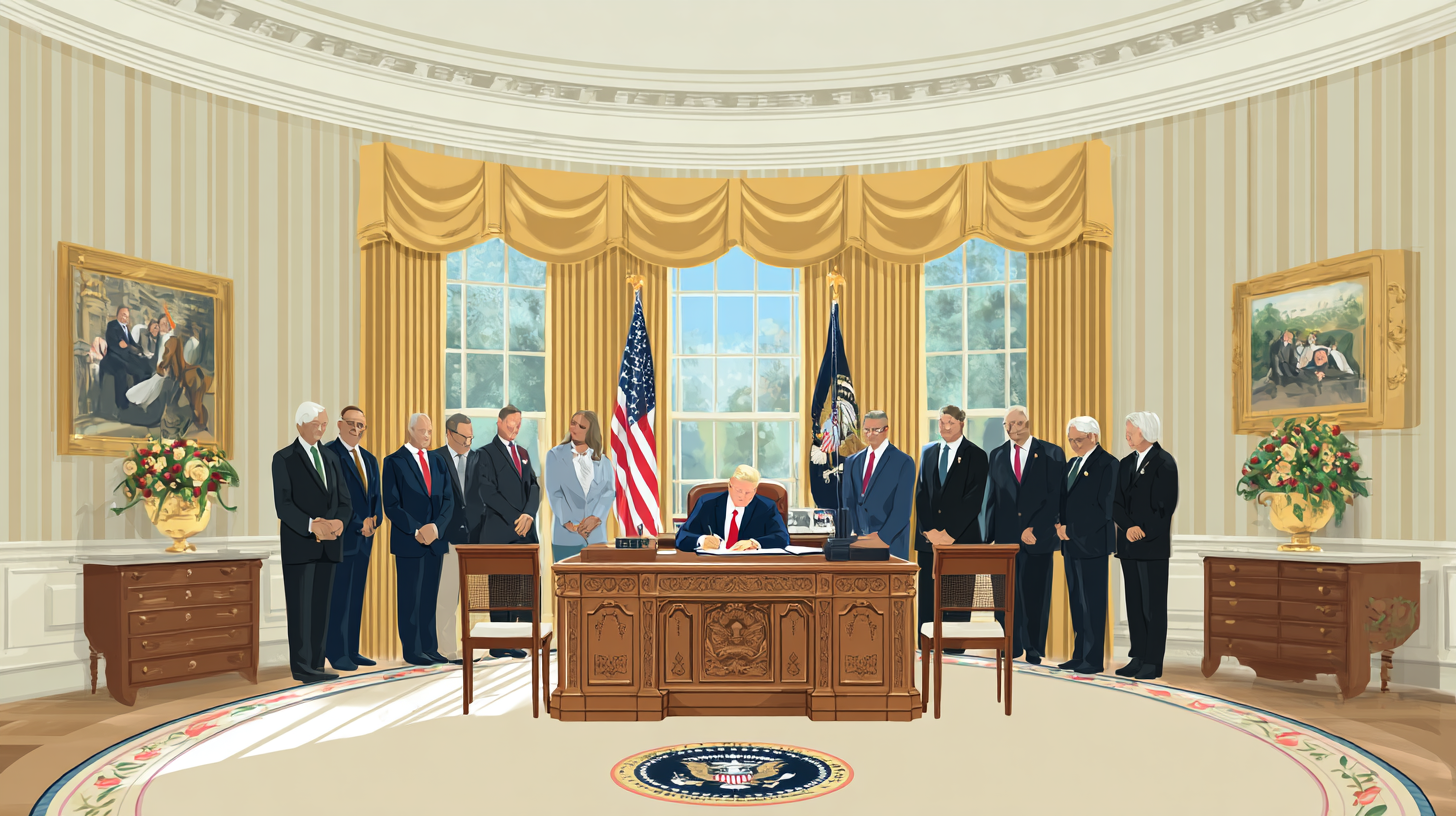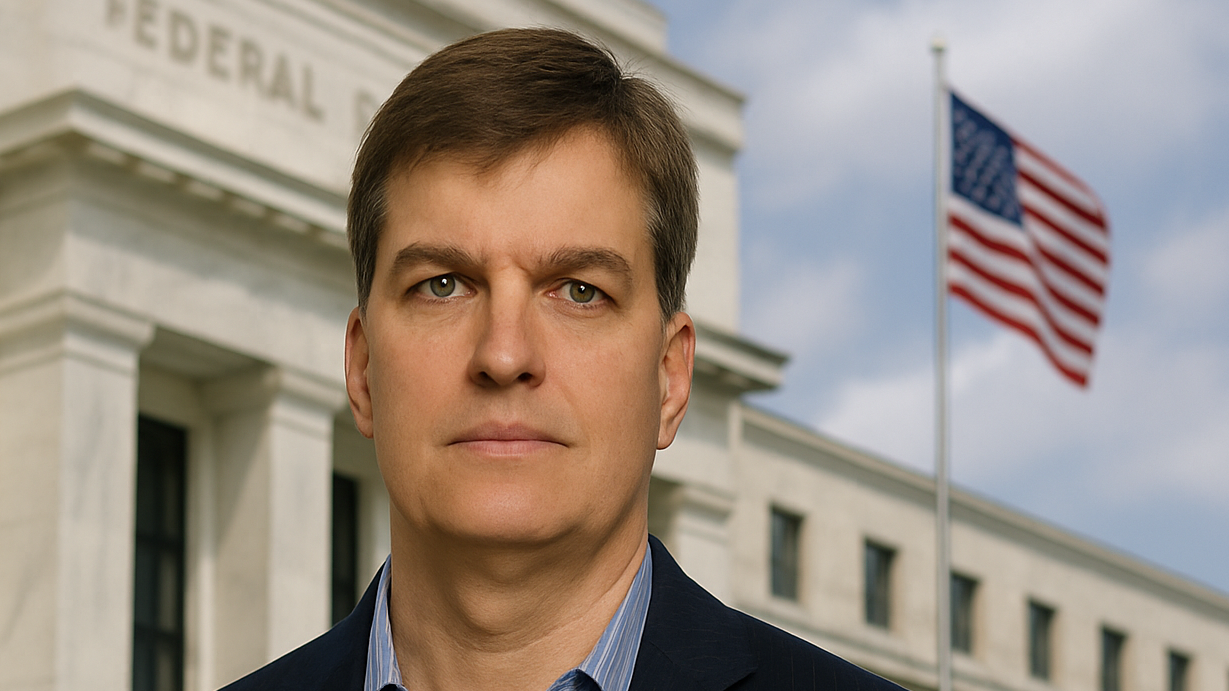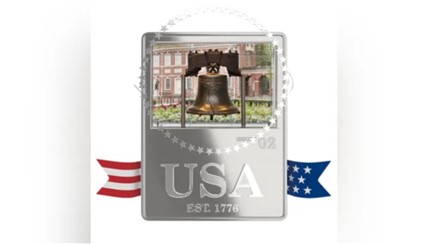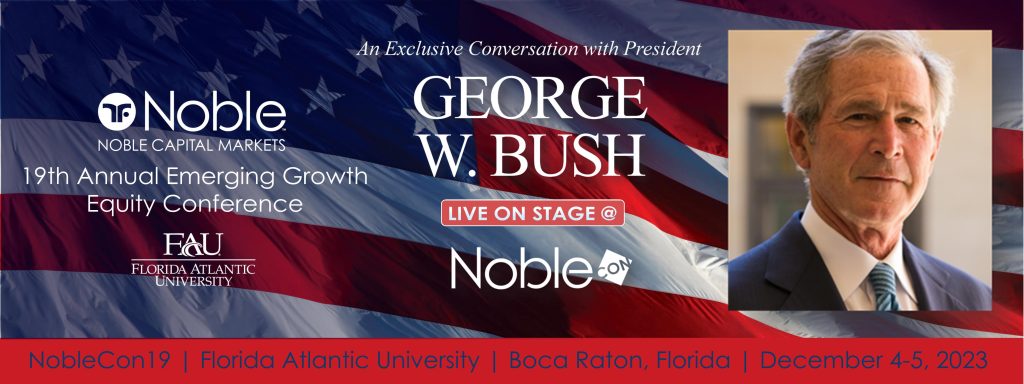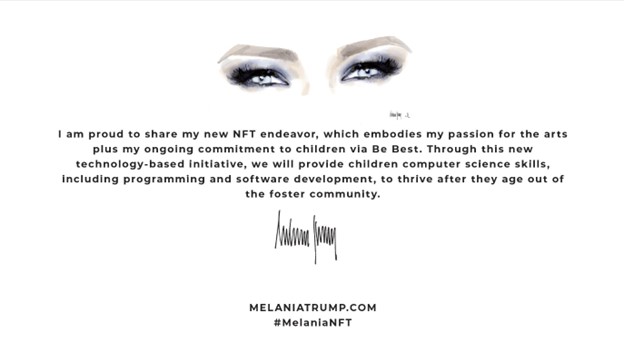President Donald Trump’s abrupt de-escalation of tariff threats against Europe came with a significant strategic tradeoff: a NATO-centered framework that would dramatically expand the United States’ military and economic footprint in Greenland. While the agreement stops short of addressing sovereignty, it lays the groundwork for US missile deployments, expanded NATO activity in the Arctic, and American access to critical mineral resources—moves aimed squarely at countering Russian and Chinese influence in the region.
The outlines of the deal emerged after Trump met NATO Secretary General Mark Rutte at the World Economic Forum in Davos. According to European officials briefed on the talks, the framework focuses on Arctic security cooperation, including stationing US missile systems in or around Greenland and granting the US preferential mining rights to prevent Chinese firms from gaining a foothold. In exchange, Trump agreed to suspend planned tariffs on European nations that had threatened to fracture transatlantic relations.
For NATO, the agreement reflects growing urgency around the Arctic. Melting ice is opening new sea lanes that could provide strategic access between the Pacific and Atlantic, raising alarms about potential military and commercial exploitation by rival powers. Rutte has emphasized that Greenland sits at the center of this shift, making it critical to alliance defense planning. Strengthening NATO’s presence there would help monitor emerging routes, protect undersea infrastructure, and deter hostile activity.
Crucially, the framework avoids any discussion of transferring sovereignty over Greenland, a semi-autonomous territory of Denmark. That omission marks a notable shift from Trump’s earlier rhetoric, which repeatedly suggested US acquisition of the island. Danish Prime Minister Mette Frederiksen has been firm that Greenland is not for sale, stressing that any arrangement must respect international law and Danish sovereignty. NATO officials have echoed that position, framing the deal as a security partnership rather than a territorial negotiation.
Still, Trump has portrayed the outcome as a decisive win. In interviews following the Davos meeting, he claimed the US would gain “total access” to Greenland for security purposes, with no clear time limits. While the details remain vague, officials say the framework could involve updating a 1951 defense agreement that already grants the US broad latitude to operate militarily in Greenland under NATO auspices.
Beyond missiles and bases, mining rights represent a key economic dimension. Greenland holds significant deposits of rare earths and other critical minerals essential to advanced manufacturing, clean energy, and defense systems. By securing access for US or allied companies, the deal would aim to keep Chinese interests—currently dominant in global rare-earth supply chains—out of the Arctic resource race.
The agreement, however, is far from finalized. Danish leaders have cautioned that NATO’s secretary general has no mandate to negotiate on Denmark’s behalf, and Greenland’s own government remains wary. Trump’s earlier threats and aggressive language have fueled anxiety among Greenlanders, with local leaders warning residents to remain vigilant even if the likelihood of conflict is low.
For investors and policymakers alike, the emerging framework underscores how geopolitics, critical minerals, and defense strategy are converging in the Arctic. Whether the deal evolves into a durable alliance agreement or stalls amid political backlash will shape not only NATO’s northern posture, but also the balance of power in one of the world’s fastest-changing strategic frontiers.

